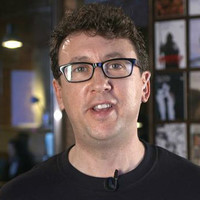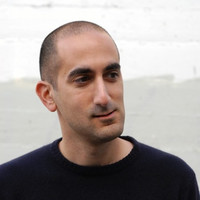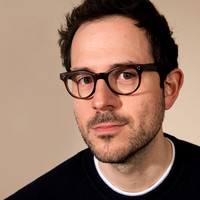Mary Roach is the author of seven nonfiction books, including her latest, Fuzz: When Nature Breaks the Law.
"In these realms of the taboo, there's a tremendous amount of material that is really interesting, but that people have stayed away from. ... I'm kind of a bottom feeder. It's down there on the bottom where people don't want to go. But if that's what it takes to find interesting, new material, I'm fine with it. I don't care. I'm not easily grossed out. I don't feel that there's any reason why we shouldn't look at this. And over time, I started to feel that ... the taboo was preventing people from having conversations that it would be healthy to have."






















